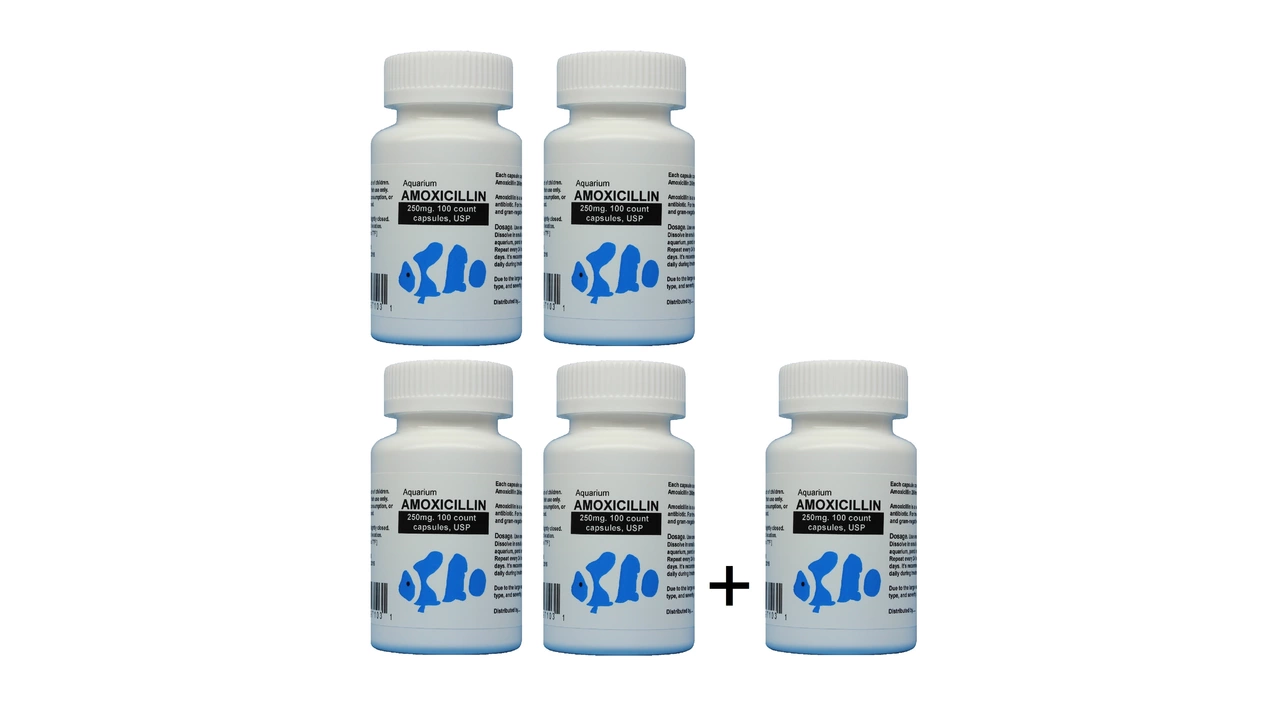How to Store Antibiotics Properly
Antibiotics are powerful tools to fight infections, but their benefits depend a lot on how you store them. If they’re not kept right, they might lose potency or even cause harm. So, before you toss your medicine into any drawer, let's go over some easy, practical ways to make sure your antibiotics stay good as new.
Why Does Antibiotic Storage Matter?
Think of antibiotics like fresh food; they have an expiration date and special needs. Heat, moisture, or sunlight can mess with the medicine, making it less effective. Using spoiled antibiotics could mean your infection doesn’t get treated properly or could even lead to resistance, making future infections harder to fight off.
Many antibiotics need storage at room temperature, generally between 20°C and 25°C (68°F to 77°F), away from direct sunlight or dampness. Some, especially liquid forms, call for refrigeration. Always check the label or leaflet for specific storage instructions.
Simple Tips for Storing Antibiotics at Home
First, keep your antibiotics in their original packaging until you use them. It helps keep track of the expiry date and protects the medicine from light and moisture.
Next, avoid bathroom or kitchen storage spots where heat and humidity run high. Instead, choose a cool, dry place like a bedroom cabinet that’s out of reach of children and pets.
If your antibiotic says to refrigerate, don’t skip it. But avoid freezing, as it can change how the medicine works.
Also, never share antibiotics with others or use leftover medications. They are prescribed for a reason, and improper use can do more harm than good.
And lastly, when the medication expires, toss it properly. Don’t flush it down the toilet or throw it into regular trash without checking local guidelines. Some places have special disposal programs for medicines.
Following these simple steps ensures you get the full benefit of your antibiotics, keeps you safe, and helps fight the global issue of antibiotic resistance. Got questions about a specific antibiotic? Checking with your pharmacist is always a smart move.

How to Safely Store and Handle Ampicillin
As a blogger, I know that safely storing and handling ampicillin is crucial to maintaining its effectiveness. First, always store ampicillin in a cool, dry place, away from direct sunlight and heat. Second, ensure that the medication is kept out of reach of children and pets. Third, follow the prescribed dosage instructions and never take expired ampicillin, as it can lose its potency over time. Lastly, always wash your hands before and after handling the medication to prevent contamination.